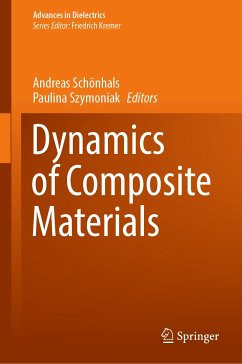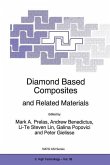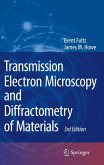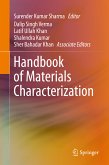The book presents recent developments in the field of composites, investigated by Broadband Dielectric Spectroscopy (BDS) and sheds a special focus on nanocomposites. This volume compares the results obtained by BDS with data from other methods like hyphenated calorimetry, dynamical-mechanical spectroscopy, NMR spectroscopy and neutron scattering. The addressed systems range from all kinds of model systems, such as polymers filled with spherical silica particles, advanced materials such as polymers with molecular stickers or hyperbranched polymer-based matrices to industrially significant systems, like epoxy-based materials. The book offers an excellent insight to a valuable application of dielectric spectroscopy and it is a helpful guide for every scientist who wants to study dynamics in composite materials.
Dieser Download kann aus rechtlichen Gründen nur mit Rechnungsadresse in A, B, BG, CY, CZ, D, DK, EW, E, FIN, F, GR, HR, H, IRL, I, LT, L, LR, M, NL, PL, P, R, S, SLO, SK ausgeliefert werden.









